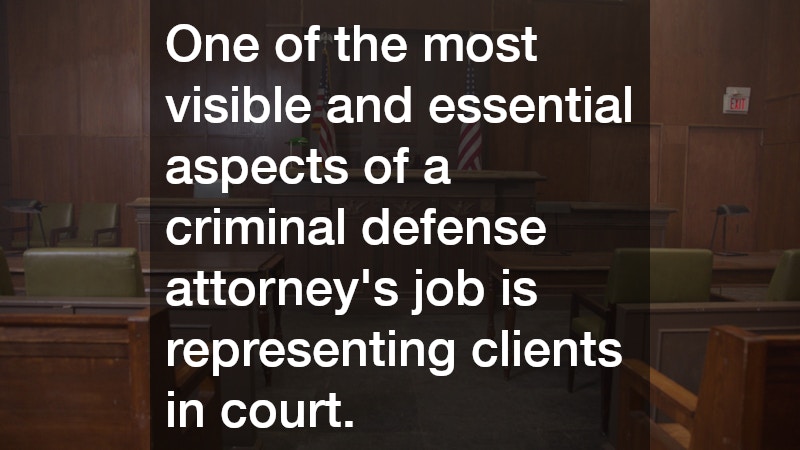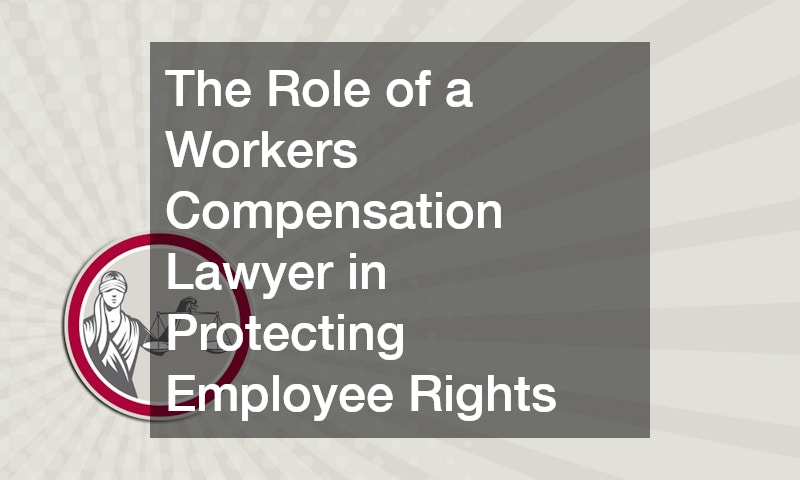
Behind every courtroom drama, headline-making trial, or quietly dismissed criminal charge is a dedicated team of professionals working at a criminal defense law firm. While the public often sees the dramatic, high-stakes moments in court, the daily operations of these firms are a blend of meticulous planning, legal research, client management, and strategic decision-making. So, what really goes on in a criminal defense law firm on a day-to-day basis?
Morning Briefings and Case Review
The day typically starts early. Many criminal defense attorneys arrive at the office before 8 a.
m. to review updates on active cases. For firms with multiple attorneys, it’s common to hold a morning briefing or staff meeting to align on priorities. These meetings allow the team to discuss court appearances scheduled for the day, deadlines for filing motions, and strategy updates for ongoing cases.
Attorneys might also review case files, police reports, surveillance footage, or client statements before heading to court. Since many criminal defense lawyers spend a significant portion of their time in courtrooms, preparation is key. This early window is also used to respond to urgent emails, speak with clients, and coordinate with investigators.
Court Appearances
One of the most visible and essential aspects of a criminal defense attorney’s job is representing clients in court. On any given day, a lawyer from a criminal defense law firm may attend several court hearings ranging from arraignments and bail hearings to pre-trial motions or even trials.
Some hearings are quick procedural matters, such as entering a plea or requesting a continuance. Others require more time and preparation—such as arguing motions to suppress evidence or negotiating plea deals with prosecutors. For high-stakes or complex trials, attorneys may spend the entire day in court presenting evidence, cross-examining witnesses, and persuading jurors.
Client Consultations
Back at the office, attorneys often meet with current or prospective clients. These consultations serve many purposes: explaining the charges, outlining defense strategies, discussing potential outcomes, and answering questions. Building trust is critical in criminal defense, so lawyers must be empathetic and clear communicators.
It’s not uncommon for attorneys to also speak with family members of clients, especially if the client is in custody. Communication often involves managing expectations, clarifying legal options, and providing updates on the status of the case.
Legal Research and Writing
When not in court or meeting clients, attorneys spend time researching legal issues and drafting motions. Whether it’s a motion to dismiss, a request for discovery, or a brief opposing evidence submitted by the prosecution, written advocacy is a central part of criminal defense.
Paralegals and legal assistants play a big role here too. They help organize case files, draft initial documents, and cite relevant legal precedent. The law is always evolving, so staying current with recent decisions—especially from appellate courts—is essential to forming a solid defense.
Investigations and Evidence Gathering
A critical part of any criminal defense strategy is understanding the facts—often better than the prosecution does. Investigators employed or contracted by the firm may interview witnesses, visit crime scenes, or gather surveillance footage. Attorneys also comb through discovery provided by the prosecution, looking for inconsistencies or violations of procedure that could help their case.
For example, if a client is accused of drug possession, the defense team may investigate whether the search that found the drugs was conducted legally. If a DUI arrest is in question, they might review the calibration of breathalyzer equipment or bodycam footage of the stop.
Strategy Sessions
Building a criminal defense is not just about facts—it’s about telling a story. Attorneys frequently meet with colleagues to discuss case strategy. These meetings might explore different angles for cross-examination, potential expert witnesses to call, or whether to recommend a plea deal versus going to trial.
In larger criminal defense law firms, collaboration is key. Junior attorneys might present findings to senior partners for feedback, while specialists (such as forensic experts or mitigation consultants) may be brought in to consult on particularly challenging cases.
Administrative and Operational Tasks
Like any business, a criminal defense law firm must handle routine administrative duties. Office managers, billing staff, and receptionists help ensure that the business side runs smoothly. Attorneys might review billing hours, manage deadlines, or check in on marketing efforts to attract new clients.
In smaller firms or solo practices, lawyers may juggle legal work with these administrative tasks. Time management becomes crucial, especially with the unpredictable nature of criminal defense work—where an emergency court appearance or unexpected arrest can shift the entire day’s priorities.
Whether it’s a small private practice or a larger criminal defense law firm, each plays a vital role in safeguarding the legal rights of individuals and maintaining the integrity of the justice system.




